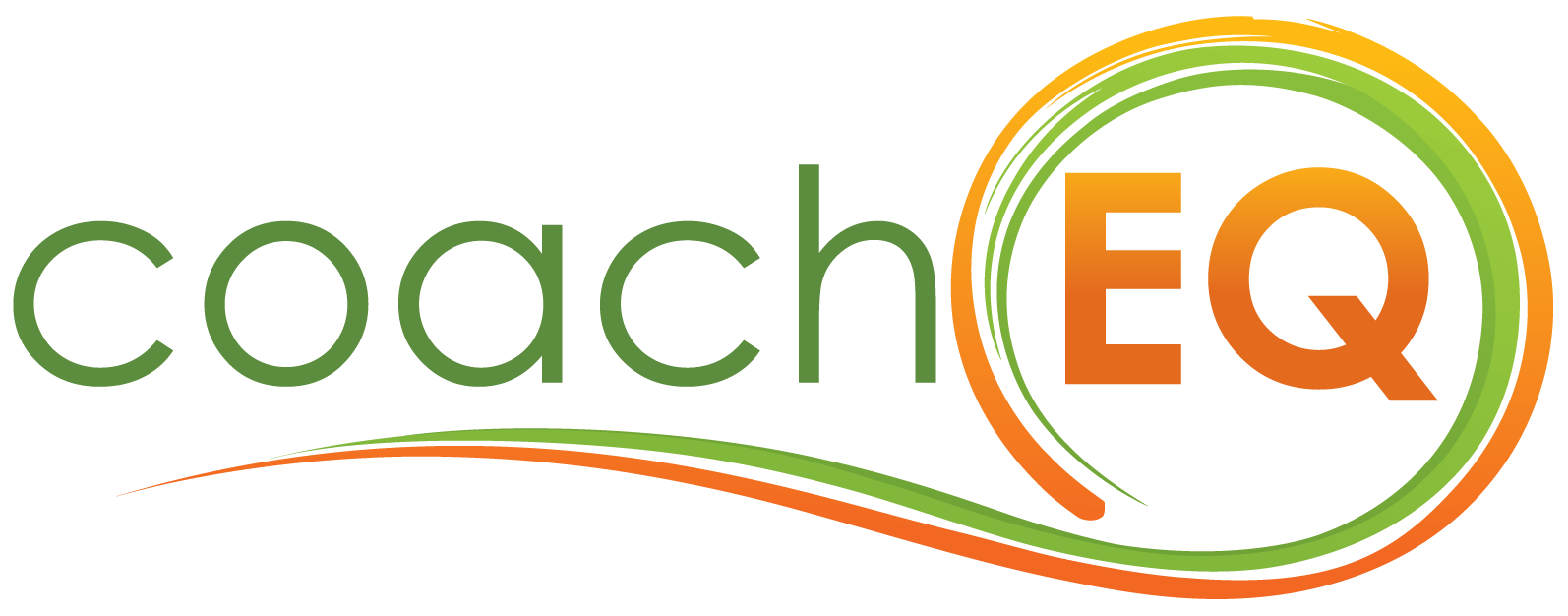Holacracy: Emotional Intelligence As a Business Model?
We've all seen it by now— in the press, or making its way around articles on LinkedIn; it's on the tips of forward-thinking tongues everywhere, and it's destined to become THE buzzword of 2014: Holacracy. Not sure what it is? This Forbes article is a thorough, well-researched primer on the topic that clears up many misconceptions of what a Holacracy is and isn't. As for what it is:
A Holacracy is a comprehensive way of running organizations based on democracy, consensus, and a "circular" structure rather than a hierarchical "pyramid" structure. From Holacracy.org's own Organization Evolved: Introducing Holacracy,
“Holacracy integrates the collective wisdom of people throughout the company, while aligning the organization with its broader purpose and a more organic way of operating. The result is dramatically increased agility, transparency, innovation, and accountability. Holacracy takes the principles, ideas, and emerging mindset articulated by cutting-edge thought leaders, and instills them in the actual structures and processes of the organization. It grounds them in practice and brings them to life.”
Essentially what we're talking about here is a move away from the standard structure of an organization. Holacracy levels the playing field, and essentially anyone can be a leader or follower depending on the task. An enormous and influential company, Zappos, began implementing it last April, and seems to be doing quite well for itself.
So far, so good. But here's my question: isn't Holacracy just a fancy term for taking the core principles of Emotional Intelligence, and putting them to work as a company structure? Think about it. It's taking old paradigms of power and control, and opening them up to honest, democratic communication. It's ensuring that everyone is valued, and that everyone gets a say. It's prioritizing values like awareness, sharing, and organic thought.
If you take away traditional roles, hierarchy, and titles— the way organizations have defined themselves forever— what's left? What becomes important? As employers/employees we use these words to define our behavior and give us our identity: What will my boss think? How can I impress my supervisor? What do I have to do the move up in this company?
What becomes important is YOU: you showing up as authentic, able to develop healthy working relationships, and creative teams. When you strip away that which is unnecessary, what's left is humans, working together organically and openly, toward a shared goal. This IS what Emotional Intelligence training strives for in an organization.
Emotional Intelligence skills can increase the success of any company, large or small. I'm betting that as we move forward, and hear about more and more companies trying the Holacracy model, their success or failure in implementing it will have more to do with the EQ of their employees than anything else. You can't have one without the other.
If you'd like to hear more about Emotional Intelligence Training, click here to get in touch!

